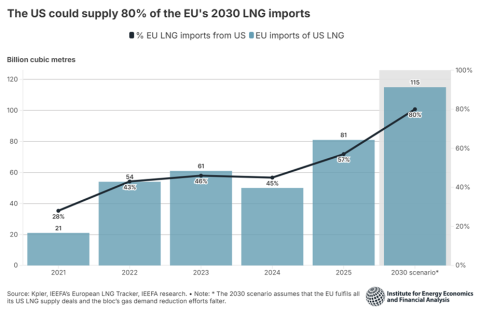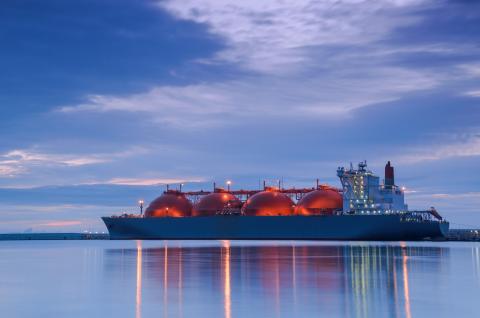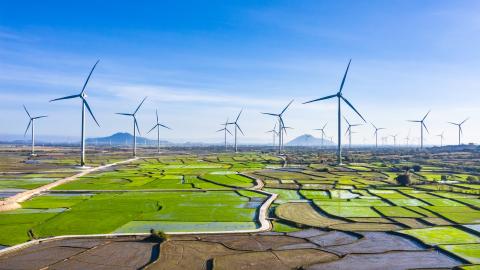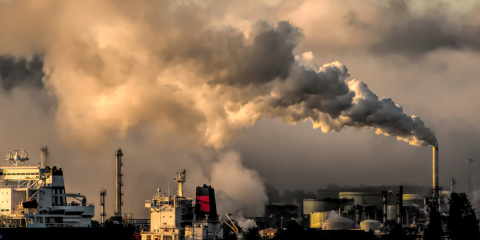Unlocking France's offshore wind potential
Download Briefing Note
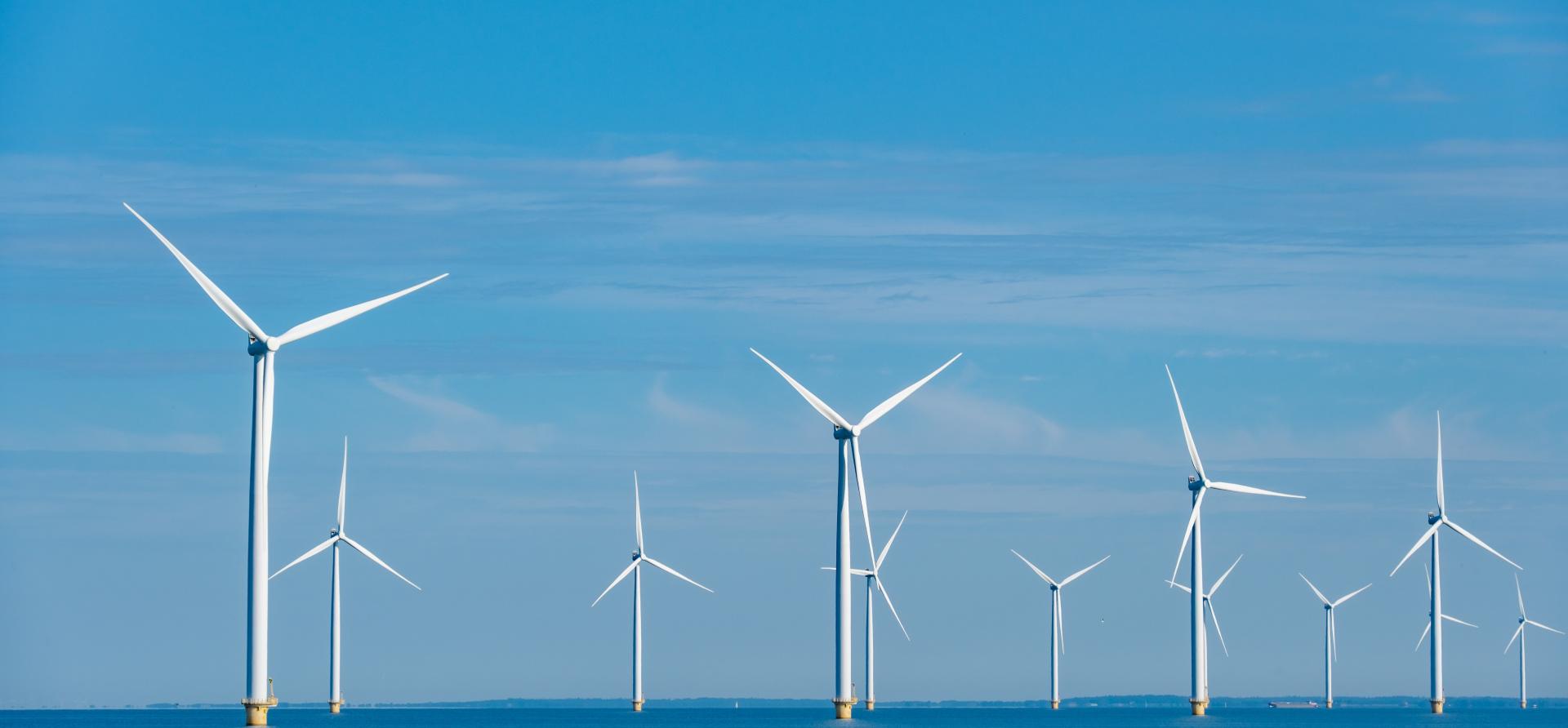
Key Findings
Despite its considerable potential, France has been very slow in building offshore wind power, lagging far behind its North Sea neighbours.
The main hurdles have been lengthy administrative procedures, legal challenges and local stakeholder opposition.
Since 2022, France has started to catch up by commissioning its first offshore wind parks.
Offshore wind will be the critical technology to fill the void left by the looming closure of many of France’s nuclear plants.
The renewable energy transition is a critical component of global efforts to combat climate change. Offshore wind power has emerged as a key technology in this shift. Renewables make sense economically (they are at grid power parity in Northwest Europe), from a security of supply angle (no dependence on imported fuels) and from a climate neutrality perspective since they don’t emit greenhouse gases. Countries such as the UK, Germany, Denmark, Belgium and the Netherlands have made significant strides in developing offshore wind farms, establishing themselves as leaders in this sector.
France, however, has lagged behind its neighbours in the development of offshore wind, despite having substantial potential due to its extensive coastline and favourable wind conditions. The reasons for France’s slower progress in this sector are numerous but do not justify underutilising a technology that can partially replace its ageing fleet of nuclear power stations.












